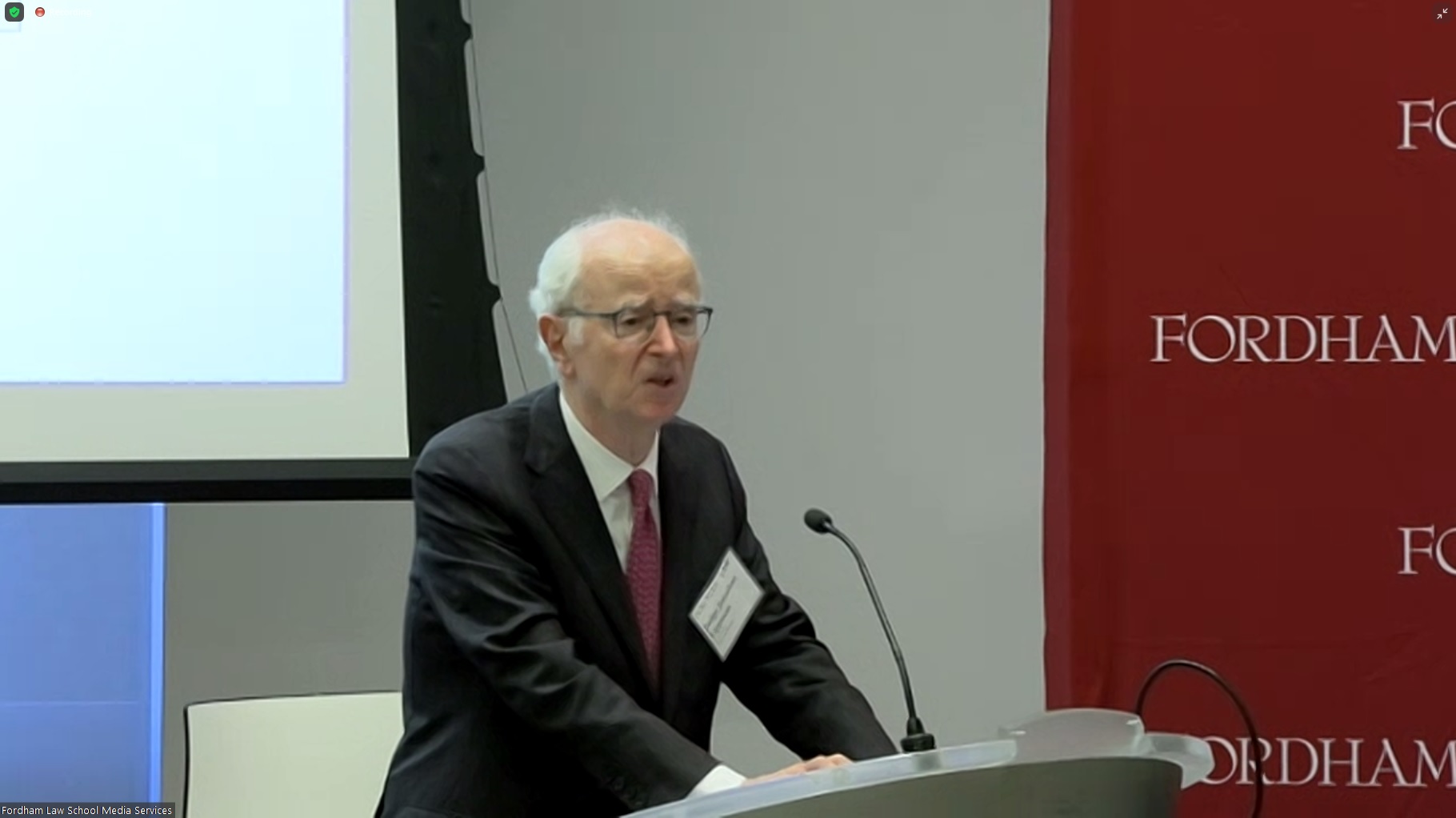Judge Lippman: Closing Rikers is easy — address mental illness

Former Chief Judge Jonathan Lippman emphasizes the importance of addressing mental illness as the key to closing Rikers Island.
Screenshots via Zoom
Screenshots via Zoom
If Mayor Eric Adams wants a new plan to close Rikers Island, he wasn’t going to get one from former Chief Judge Jonathan Lippman, who was talking about the issue on Wednesday night at Fordham Law School.
Instead, though, Lippman offered a simple solution to address mental health.
“How do we close Rikers Island? What is the secret potion to make it happen? It’s not so secret and it’s not so difficult — Mental illness is the key,” former Chief Judge Lippman said. “More than half of the people at Rikers have been diagnosed with mental illness. One in five have a serious mental illness…It is clear we have to shift our approach to mental health if we are to succeed at closing Rikers Island.”